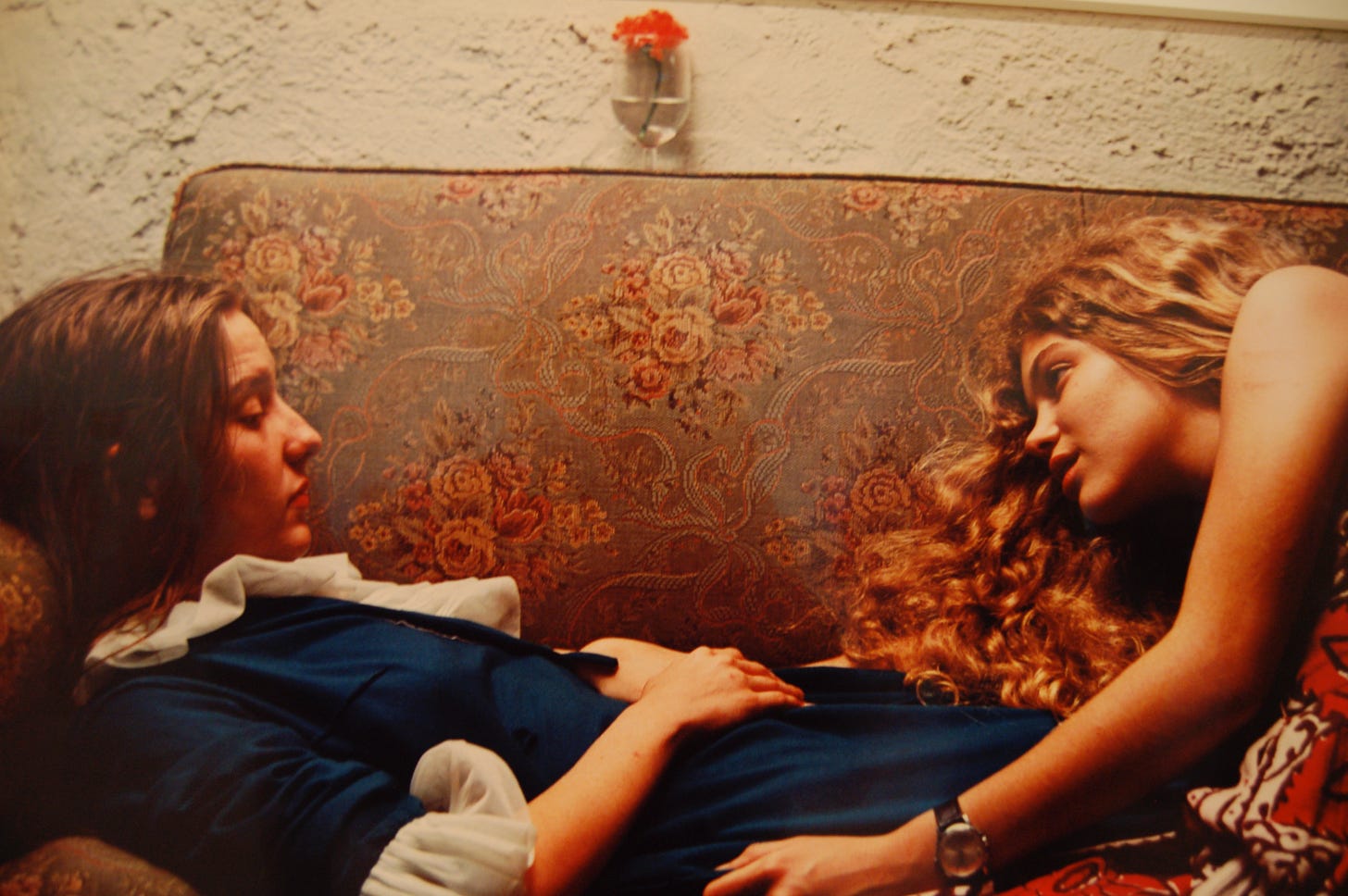I’ve often said one can’t go through life as a writer without having at least one devastating experience with a mean-spirited teacher, classmate, or writing group partner who knifes you with a negative critique of your work that holds no intent to help, no generosity, no premise of constructive criticism.
I’ll add to that. I don’t think one can go through life as a writer without having at least one soul-challenging social media takedown of some sort.
I say that because last week I, unfortunately, experienced my first Twitter kerfuffle, brouhaha, smackdown, whatever you want to call it.
I don’t really want to go into it, but it basically followed a typical Twitter recipe:
Someone misunderstands something (whether accidentally or willfully)
That someone tweets a vitriolic judgment meant to provoke
Tweets spread like fire on dry California grass (especially if the someone has a big following)
All of the subsequent tweeters don’t pause to go, “Hmmm … I wonder if this is true. I wonder if this is the whole story.” They tweet, as if adding gasoline to that dry California grass
There’s no way to stop the spread of such a fire, especially if you only have a water pistol
The tweeters go to sleep with a self-satisfied, “Harrumph,” believing they made the world a better place
No one cleans up the mess they left behind them.
One of the most important lessons I’ve learned from Buddhism is to respond, not react. It’s so challenging. It takes so much practice. But we need to pause to allow questions and doubts to sink in; we need to pause to think about the consequences of our actions before we react. Social media is a good practice ground for this, but it seems to encourage reaction over response.
After this unpleasant episode, I opened up an email newsletter from the Marginalian about one of Jack Kerouac’s love affairs that included a story about how he saved his lover from a potential suicide. The newsletter included this Kerouac quote:
“Practice kindness all day to everybody and you will realize you’re already in heaven now.”
That’s the best definition of heaven I’ve heard.
I wish all of our social media platforms would include such a sentiment as part of the design of the platform because humans have a powerful need to hate. Hatred, the need to ostracize and banish, might bind people more than love (although I hope not).
I think of Shirley Jackson’s short story “The Lottery,” which is about a village where an annual lottery is drawn, but the “winner” is stoned to death by friends and family. The story shows how people can be involved with such a violent act and think nothing of it. Humans somehow love to throw rocks at one another.
I’ve been thinking about such episodes and how they affect those of us who make things and put them into the world. It’s a risky thing to put your creation into the world. It’s a risky thing to put yourself into the world. While you make your art, it’s easy to focus on the rocks people might throw, and then it’s easy to temper your work to please—or just not do it.
I coincidentally read an article about Jeneane Garofalo in the Times later last week. I’d admired her as a comedian in the 90s, but I hadn’t heard of her for ages. It turns out that was by design. She still does stand-up regularly. She’s just not on social media. She doesn’t appear on talk shows or do Netflix specials. She didn’t even give an interview to the Times for the article. It’s as if she’s decided to live only for the purity of her art, not its social approbation or any egotistical or monetary rewards.
You can do that. It’s always good to remember. You don’t need others to create, and it’s often best to forget them.
As Garofalo said:
“Taking into account the public's regrettable lack of taste, it is incumbent upon you not to fit in.”
She also said:
“To me, there is no greater act of courage than being the one who kisses first.”
Kissing first is like putting your art into the world. You don’t know if you’re going to be kissed back.
Because I want to be Jeneane Garofalo dancing to “My Sharona” in Reality Bites for eternity
I also want to see a different version of Reality Bites: I want to see the version where Jeaneane Garofalo is the main character.
By the way, I just re-watched the movie after reading the Times article, and it’s that rare movie that is better than I remember.
Because what does “for goodness sake” mean?
I’ve heard the phrase “for goodness sake” my entire life and never paused to think about what it meant.
“For goodness sake” was originally used literally, meaning for the sake of everything good or pure or decent or honest. It has since become an idiom, used as an exclamation, expressing feelings like frustration or impatience.
I felt both things after my Twitter episode.
So for goodness sake, be good.
Because a haiku
How to write a haiku about a celebrity's $99 class on empathy?
Because my book is now a year old!
Because more about me
I am the executive director of National Novel Writing Month, the co-founder of 100 Word Story, and an Executive Producer of the upcoming TV show “America’s Next Great Author.” I am the author of a bunch of books and the co-host of the podcast Write-minded.
My essays on creative writing have appeared in The New York Times, Poets & Writers, Lit Hub, Writer’s Digest, and The Writer.
For more, go to grantfaulkner.com, or follow me on Twitter or Instagram.







Sorry this happened and glad I don’t even know what it was. You have your integrity, whether or not everyone in the world knows it.